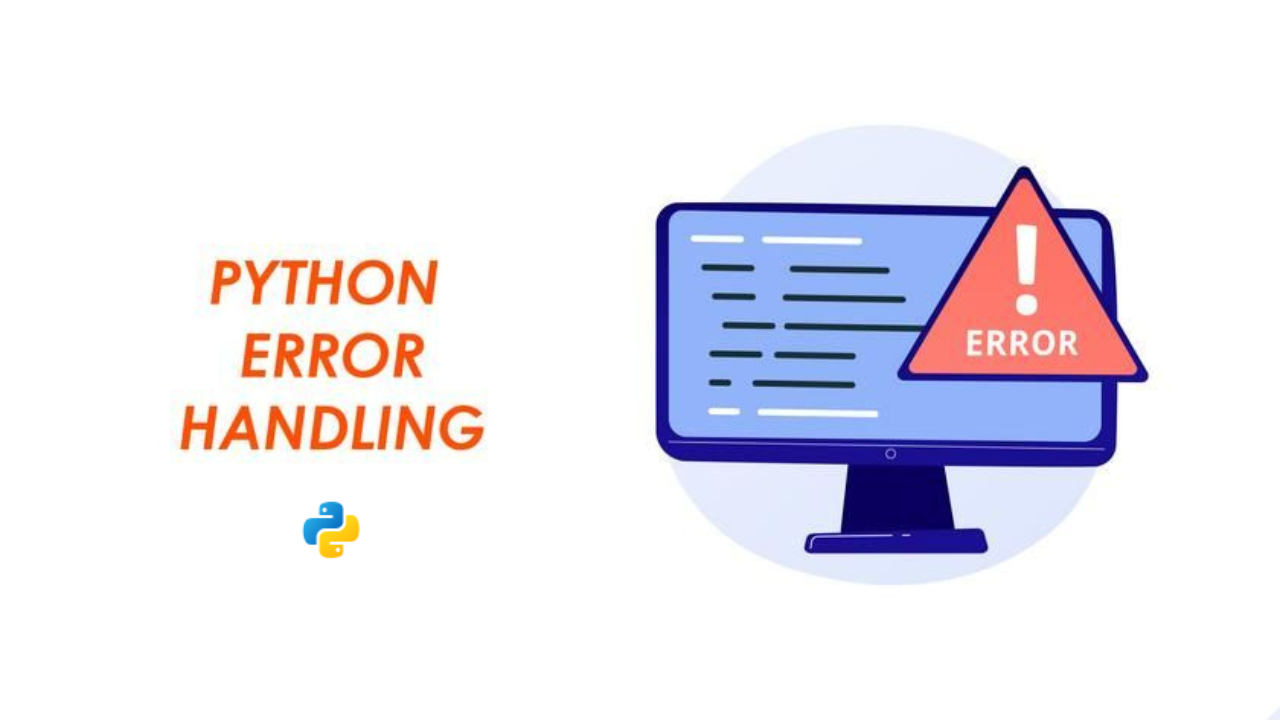Introduction
Why does my Flutter app behave differently on Android and iOS? If you've asked yourself this question, you're not alone! Many Flutter developers struggle with platform inconsistencies, especially with keyboard behavior, gestures, and UI ...
